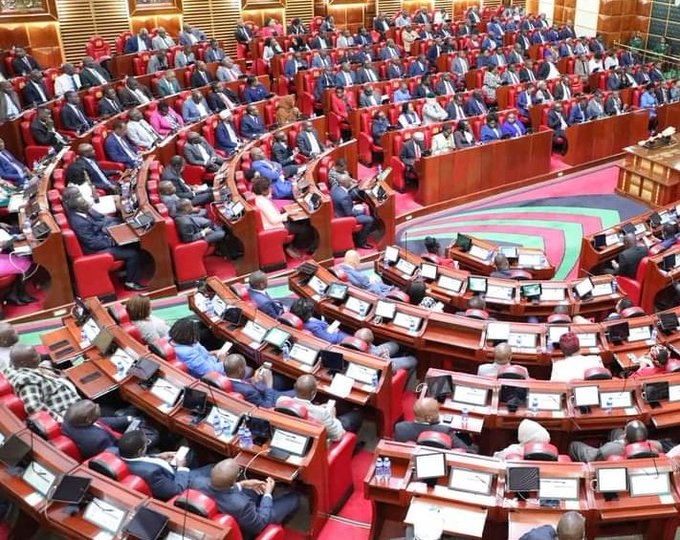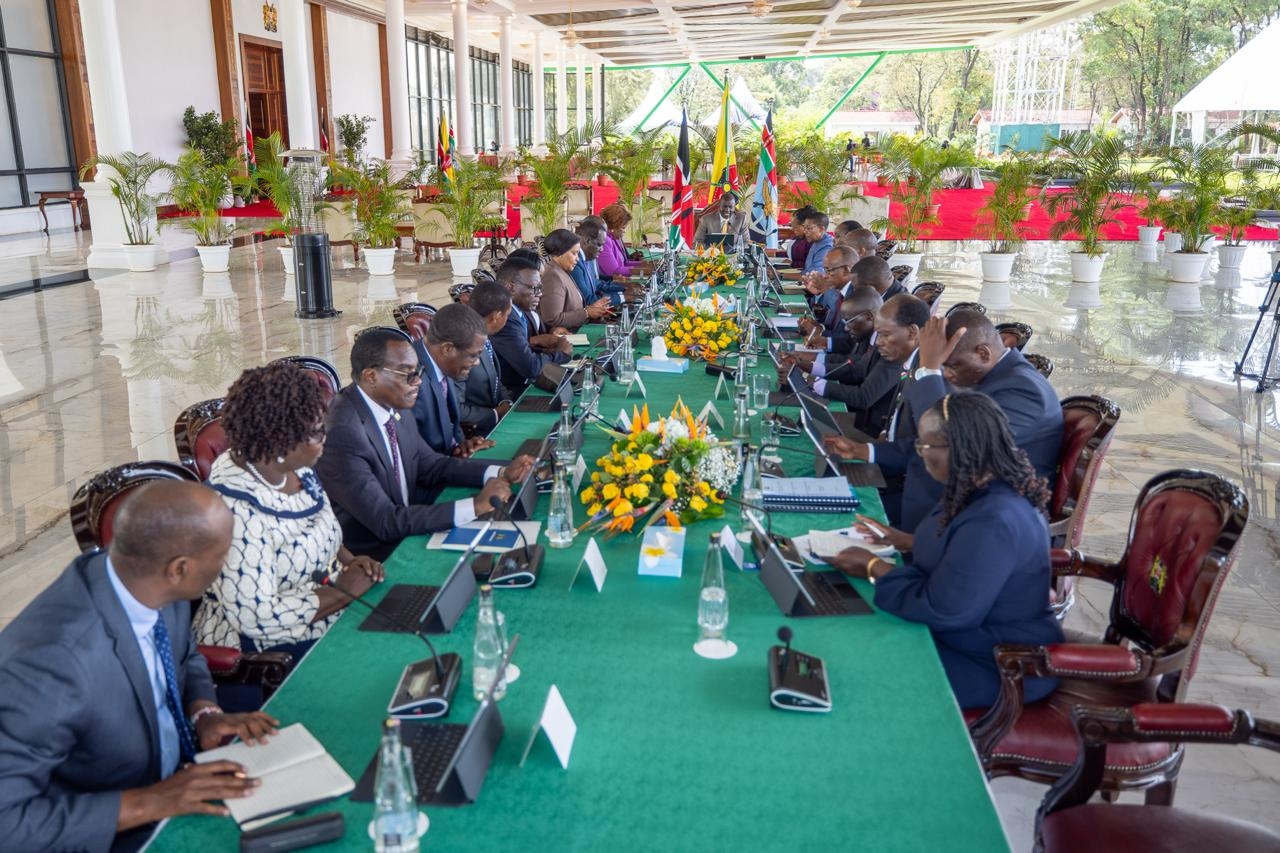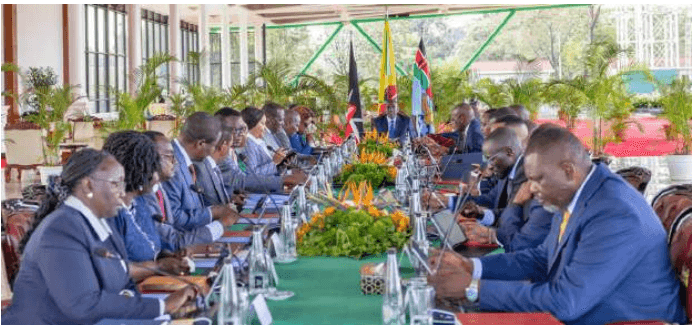Kenya will tap on Public Private Partnerships in new key projects to ensure prudent management of energy installations, according to Kenya Power Managing Director Joseph Siror.
This, he said will ensure that projects go through the required processes before they are implemented.
Speaking at a conference that brings together more than 600 delegates and project management professionals from around the world, Siror said that this approach will drive more investments into the energy sector.
The move comes at a time when Kenya and the continent are experiencing a shortage of project managers, even as Africa expects to ride on infrastructure growth to spur economic growth.
“This is an intentional direction it’s not accidental and we will see linkages of electricity within this region once we bring the private sector into government operations,” said Siror.
State projects have attracted criticism for either inflated costs or slow pace of implementation.
The latest Auditor Genera report flagged key state projects that are yet to be completed five years on despite some having paid fully paid for.
The Nairobi conference seeks to focus on project management cutting across all sectors in an effort to help African governments deliver projects in time.
Africa stands at the cusp of a transformative era, with a projected population of 1.7 billion and consumer spending soaring to an estimated $6.7 trillion by 2030.
This has however been weighed down by shortage of project management professionals, with the latest talent gap report by Project Management Institute showing that at least 2.3 million people will be needed each year to fill all project management-oriented (PMO) positions expected to open by 2030.
According to the experts in growth will be fuelled in part by the acceleration of the African Continental Free Trade Area (AfCFTA), which is set to create the world's largest free trade area for goods and services across member states while deepening economic integration.
"We've invested large amounts of financial and emotional capital in Africa's growth plans and strategies - Strategy 2030, Vision 2050, Agenda 2063. In the last two decades, the air has changed. You can see, taste, and feel Africa's positive energy, the dreams we've promised ourselves to fulfil,” said Project Management Institute MD for Sub-Saharan Africa George Asamani.
The swelling demand for professionals with the necessary mix of competencies to execute mega projects across industries efficiently and effectively is critical for Africa's journey toward progress.
"Everything we touch is a project; the question is the principles we have for project management and our ability to match the right people with the right skills. We must learn from failed and successful projects to start seeing change," said Edith Kivengea, Group Head of Talent and Learning, Airtel Africa PLC.
Kenya's critical sectors, such as education, infrastructure, climate change, and agriculture, require meticulous project planning and execution.
However, a glaring gap in project management skills has become evident.
According to the experts it is imperative to strategise and implement approaches that will expedite the development of project management capabilities across Africa.
















